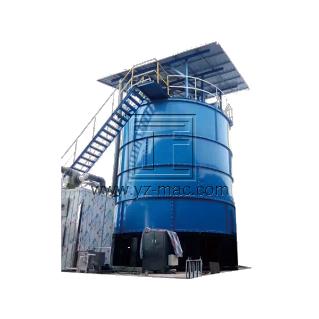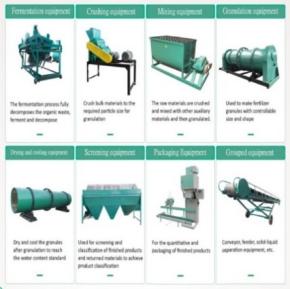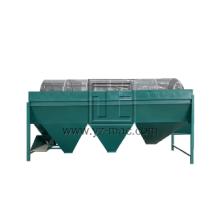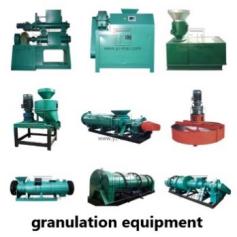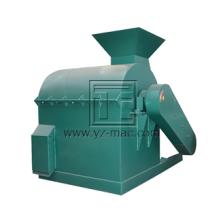Fermenter equipment
Fermenter equipment plays a crucial role in various industries, enabling the controlled fermentation of substances for the production of a wide range of products. From fertilizer and beverage manufacturing to pharmaceutical and biotechnological applications, fermenters provide an environment conducive to the growth and activity of microorganisms or enzymes.
Importance of Fermenter Equipment:
Fermenter equipment provides a controlled and sterile environment for the fermentation process. It allows for precise control over crucial parameters such as temperature, pH, oxygen levels, and agitation, ensuring optimal conditions for the growth and metabolic activity of microorganisms or enzymes. This precision and control are essential for achieving consistent product quality, maximizing yield, and maintaining process efficiency.
Types of Fermenters:
Batch Fermenters:
Batch fermenters are the simplest and most common type of fermenters. They operate in a discontinuous mode, where a specific quantity of substrate is added to the fermenter, and the fermentation process occurs until the desired product is obtained or the fermentation is complete. Once the batch is finished, the fermenter is emptied, cleaned, and prepared for the next batch.
Continuous Fermenters:
Continuous fermenters, also known as continuous flow or steady-state fermenters, operate in a continuous mode, allowing for a constant inflow of substrate and simultaneous removal of product. This type of fermenter is suitable for processes that require long fermentation times and a continuous supply of substrate.
Fed-Batch Fermenters:
Fed-batch fermenters are a combination of batch and continuous fermenters. They involve the periodic addition of fresh substrate during the fermentation process while allowing for the simultaneous removal of product. Fed-batch fermenters offer greater control over the fermentation process and can result in higher product yields compared to batch fermenters.
Applications of Fermenter Equipment:
Food and Beverage Industry:
Fermenter equipment is extensively used in the food and beverage industry for the production of various products, including yogurt, cheese, beer, wine, vinegar, and fermented foods. Fermenters provide the controlled environment necessary for the growth and activity of specific microorganisms or enzymes involved in fermentation processes.
Pharmaceutical and Biotechnological Applications:
In the pharmaceutical and biotechnological sectors, fermenter equipment is used for the production of antibiotics, vaccines, enzymes, biofuels, and other bioproducts. Fermenters play a crucial role in large-scale microbial or cell culture processes, ensuring consistent product quality and high yields.
Environmental Applications:
Fermenter equipment is employed in environmental applications such as wastewater treatment and biogas production. Fermenters facilitate the anaerobic digestion process, where organic waste materials are broken down by microorganisms to produce biogas, a renewable energy source.
Research and Development:
Fermenter equipment is widely used in research and development laboratories for studying microbial or cell culture behavior, optimizing fermentation conditions, and scaling up processes from small-scale experiments to larger production systems. It enables researchers to fine-tune fermentation parameters and evaluate the impact on product quality and yield.
Conclusion:
Fermenter equipment plays a critical role in optimizing the fermentation process across various industries, ranging from fertilizer and beverage manufacturing to pharmaceuticals, biotechnology, and environmental applications. With different types of fermenters available, including batch fermenters, continuous fermenters, and fed-batch fermenters, these systems provide the controlled environment necessary for microbial or enzymatic activity. Fermenters ensure precise control over process parameters, resulting in consistent product quality, higher yields, and improved process efficiency.


